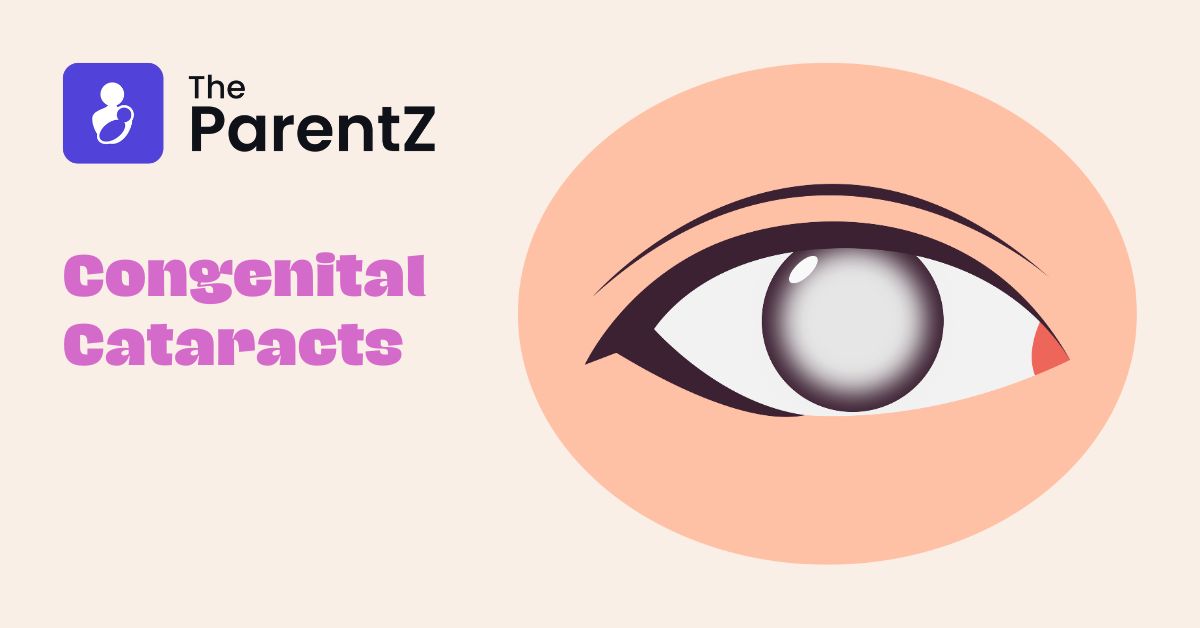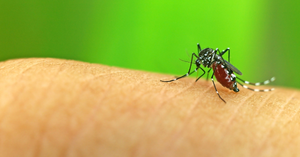What are congenital cataracts?
Cataract is the clouding of the eye. This clouding happens because the lens of the eye becomes opaque. In the view of the general population, cataract is a disease of old age. While this is true, sometimes children can also be born with cataracts. Congenital means to be present at birth. Babies who are born with a cataract type of clouding in one or both eyes are said to have congenital cataract.
What are the signs and symptoms of congenital cataracts?
A baby cannot complain about what feels wrong in the body. The signs and symptoms of any disease in a newborn have to be observed. If a baby has congenital cataract, the centre of the eye appears greyish or white instead of the normal black pupil in the centre. The whole centre pupil may look like it is covered over by a film. Instead of a film, sometimes a solid white dot may appear in the centre of the pupil as well. If you notice any such opacity in your baby’s eye, you should get it checked out by a paediatric doctor.
Which babies are at risk for congenital cataracts?
Some babies are more likely to develop congenital cataracts as compared to others. The possibility of developing congenital cataracts are higher in babies who-
- Had an infection at or soon after birth.
- Had been born prematurely or before date.
- Have parents who had congenital cataract as a baby
What causes congenital cataracts?
In congenital cataracts, the lens of the eye is becoming opaque. This opacification of the lens happens when the proteins of the lens change their structure. The change in protein structure can be due to any infection, DNA changes or changes in the normal chemical balance.
Some of the common infections which may lead to congenital cataract if your baby is infected before, at or soon after birth are:
- chickenpox infection
- cytomegalovirus infection
- herpes infection
- HIV infection
- rubella infection
- syphilis infection
- toxoplasmosis infection
Sometimes, congenital cataracts may develop without any apparent reason as no infection may be responsible in those cases.
What is the treatment of congenital cataracts?
Usually, surgery is performed for the treatment of congenital cataracts. In the eye surgery performed by an ophthalmologist, the opaque part of the lens or the cataract is removed and an artificial lens is implanted in its place.
Surgery has to be performed as early as possible to restore the connection between the eye and the visual centre of the brain and aid in its proper development. Children who have congenital cataracts are usually operated upon by 6-8 weeks of age. Most children may require contact lenses or glasses when older to help the eyes focus properly.
What should parents know?
- If your child had congenital cataract, other eye problems may also develop in the future. Make sure to visit the ophthalmologist regularly for follow ups and regular check ups.
- If your child has been prescribed glasses, encourage your child to wear them regularly. Update your child’s prescription glasses regularly after check ups.
- If your child has been given eye drops or medications, ensure that these are being given regularly and on time as prescribed by your child’s doctor.
- If your child is recommended contact lenses when older, ensure that proper cleaning routines are followed. Inform your doctor immediately if there is any associated problem with contact lenses use.









Be the first one to comment on this story.